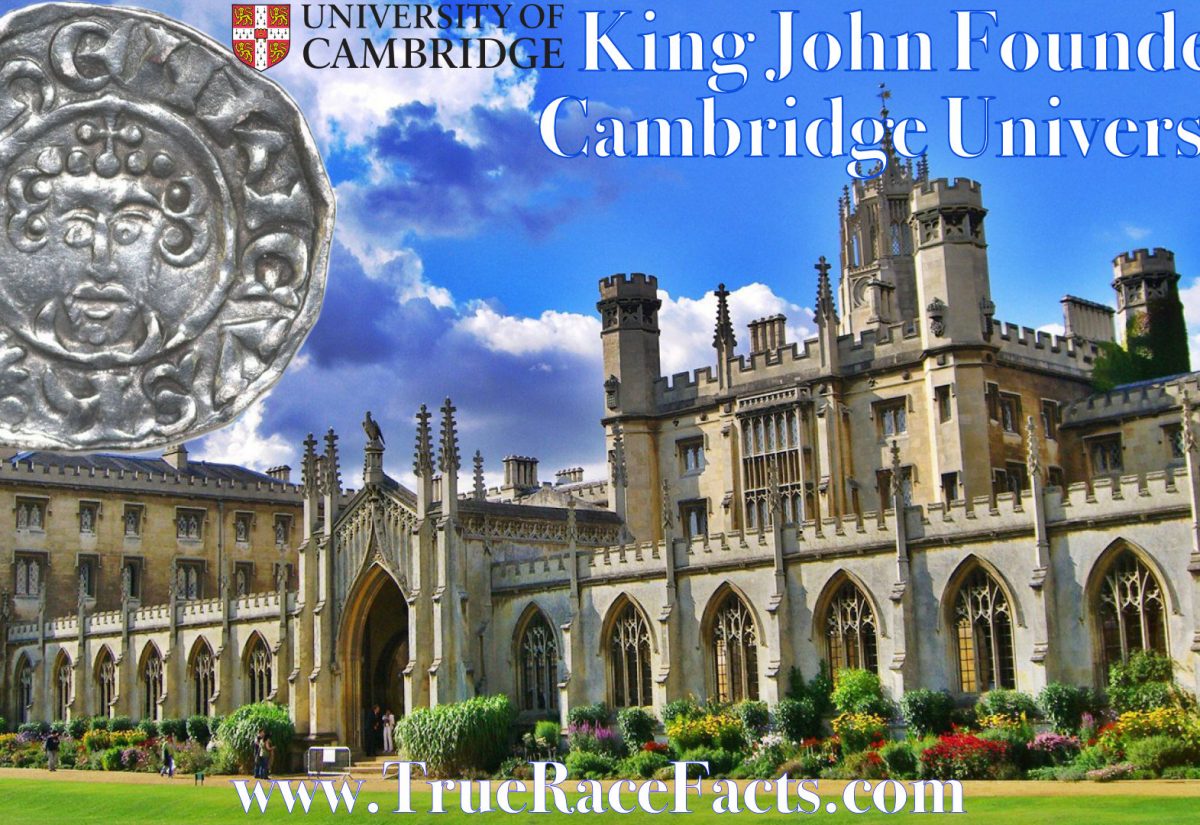Henry IV, also called (1377–97) earl of Derby or (1397–99) duke of Hereford, byname Henry Bolingbroke or Henry of Lancaster, (born April? 1366, Bolingbroke Castle, Lincolnshire, England—died March 20, 1413, London), king of England from 1399 to 1413, the first of three 15th-century monarchs from the house of Lancaster. He gained the crown by usurpation and successfully consolidated his power in the face of repeated uprisings of powerful nobles. However, he was unable to overcome the fiscal and administrative weaknesses that contributed to the eventual downfall of the Lancastrian dynasty.
Henry V, (born September 16?, 1387, Monmouth, Monmouthshire, Wales—died August 31, 1422, Bois de Vincennes, France), king of England (1413–22) of the house of Lancaster, son of Henry IV. As victor of the Battle of Agincourt (1415, in the Hundred Years’ War with France), he made England one of the strongest kingdoms in Europe.
King Henry VI, (born December 6, 1421, Windsor, Berkshire, England—died May 21/22, 1471, London), king of England from 1422 to 1461 and from 1470 to 1471, a pious and studious recluse whose incapacity for government was one of the causes of the Wars of the Roses.
- Guinevere Jackson
- 10 August 2022
Henry II or Henry Curtmantle (5 March 1133 – 6 July 1189), (French: Court-manteau), Henry FitzEmpress, or Henry Plantagenet, was King of England from 1154 until he died in 1189. He was the first king of the House of Plantagenet, born in France.
- Guinevere Jackson
- 17 August 2022
Richard I, byname Richard the Lionheart or Lionhearted, French Richard Coeur de Lion, (born September 8, 1157, Oxford, England—died April 6, 1199, Châlus, duchy of Aquitaine), duke of Aquitaine (from 1168) and of Poitiers (from 1172) and King of England, duke of Normandy, and count of Anjou (1189–99).
- Guinevere Jackson
- 11 August 2022
John, byname John Lackland, French Jean sans Terre, (born c. 1166—died October 18/19, 1216, Newark, Nottinghamshire, England), king of England from 1199 to 1216. In a war with the French king Philip II, he lost Normandy and almost all his other possessions in France. In England, after a revolt of the barons, he was forced to seal the Magna Carta (1215).
Henry III, (born October 1, 1207, Winchester, Hampshire, Eng.—died November 16, 1272, London), king of England from 1216 to 1272. In the 24 years (1234–58) during which he had effective control of the government, he displayed such indifference to tradition that the barons finally forced him to agree to a series of major reforms, the Provisions of Oxford (1258).
Edward I, byname Edward Longshanks, (born June 17, 1239, Westminster, Middlesex, England—died July 7, 1307, Burgh by Sands, near Carlisle, Cumberland), son of Henry III and king of England in 1272–1307, during a period of rising national consciousness.
Edward II, byname Edward of Caernarvon, (born April 25, 1284, Caernarvon, Caernarvonshire, Wales—died September 1327, Berkeley, Gloucestershire, England), king of England from 1307 to 1327. Although he was a man of limited capability, he waged a long, hopeless campaign to assert his authority over powerful barons.
Edward III, byname Edward of Windsor king of England from 1327 to 1377, who led England into the Hundred Years’ War with France. The descendants of his seven sons and five daughters contested the throne for generations, climaxing in the Wars of the Roses (1455–85).









